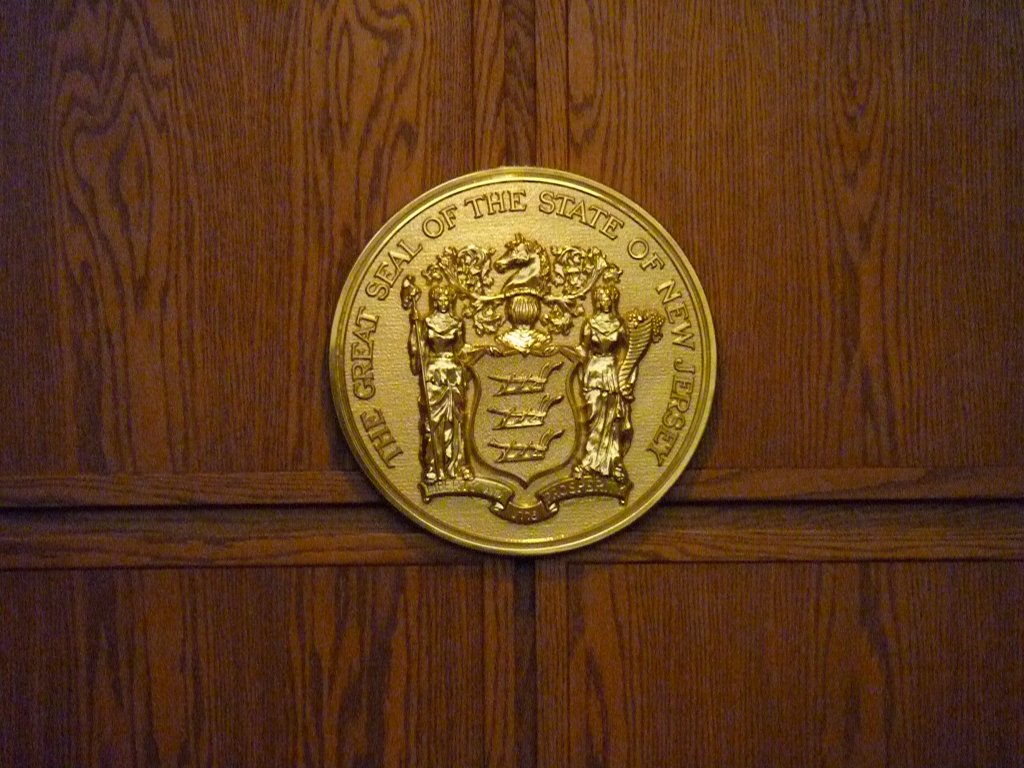TRENTON—“What’s in a name?” asked William Shakespeare in “Romeo and Juliet.” On Sept. 10, the Supreme Court of New Jersey, in Re: John C. Johnson answered that question.
John C. Johnson was hired in 1984 as a Prosecutor’s Agent. The job title specified that it was an “unclassified’ position.” The county prosecutor’s office was allowed two such agents. In 1986 the State’s legislature started making a series of changes to employment rules for state employees. First they passed the Civil Service Act. Then in 1989 the Merit System Board ruled that the position of Prosecutor’s Agent should remain as “unclassified.” It added that Cape May County could have two unclassified positions.
In 2004 the DOP (Department of Personnel) ordered that counties could have additional agents but this did not affect Cape May. Presumably this was due to Cape May’s smaller workload due to its size. It also ordered that an audit of duties be conducted to determine exactly what duties each position entailed but this did not apply to Cape May County. Then in 2006 the DOP told prosecutors throughout the state that they were coming to do an audit that would describe the exact duties of prosecutor’s agents already employed. But, not to worry, none of their findings would affect those employees already there, such as Mr. Johnson. The audit was completed in 2008. Then in April of 2009 Johnson learned that he was no longer an “unclassified” prosecutor’s agent but post-audit he was a “classified” property clerk. The state’s Civil Service Commission confirmed this in June. So what did it matter whether Johnson’s position was called “classified” or “unclassified?” It turns out that it mattered a lot.
An “unclassified” position is one that serves at the pleasure of the one who has hired the employee.
A “classified” position comes under the rules of the Civil Service Commission with its protections and burdens. In Johnson’s case it meant that after 30 years he could be required to take a Civil Service test for the “classified” position of property clerk. This put him in jeopardy of not getting the job under New Jersey’s Rule of Three. The Rule of Three allows the employer to choose from the top three test takers and not just the top scorer. So, for example, if the employer’s brother-in-law ranks third in testing and the top achiever is first, the third place scorer can still get the position under the Rule of Three.
The decision of the Commission was appealed to the Superior Court of Appeals. (Appointments to the Civil Service Commission are political appointments and during Johnson’s career the Governor’s office had switched back and forth between Democrats and Republican governors who make the appointments.) The Appeals Court affirmed the decision of the Commission. The County appealed to the Supreme Court.
The Supreme Court was not sparing in its condemnation of the Commission’s decision to reclassify Johnson. The Court acknowledged that it usually abides by the decisions of the Commission in such matters. And it reached back to the organic Common Law using the ancient doctrine of Equitable Estoppel which is rooted in the notion of fairness to fix this miscarriage of justice. They suggested that the Commission misled Johnson and the prosecutor’s office when the Commission said the incumbent positions would not be “subject to the newly-developed title specifications.”
The Court stated clearly that, “Paired with an audit that failed to acknowledge Johnson’s non-property clerk duties, the reclassification of Johnson’s position was an arbitrary and capricious agency action that was manifestly unjust.”
The judgment of the Appeals Court was reversed and the matter was sent back to the Commission for corrective action. This time they were instructed to do so in line with the Court’s ruling and so John C. Johnson went back to being an “unclassified” agent of the prosecutor.
Cape May – Governor Murphy says he doesn't know anything about the drones and doesn't know what they are doing but he does know that they are not dangerous. Does anyone feel better now?








